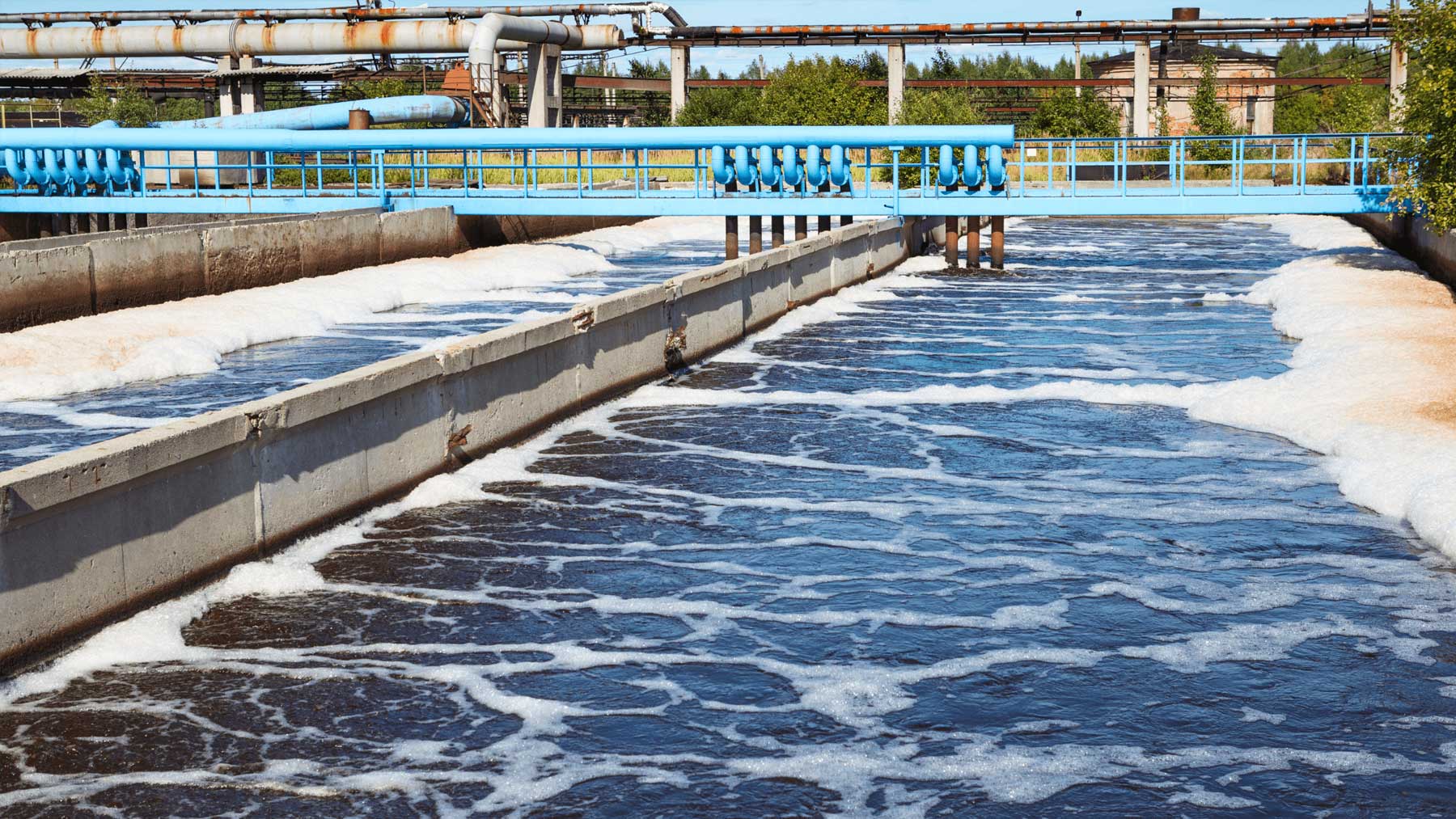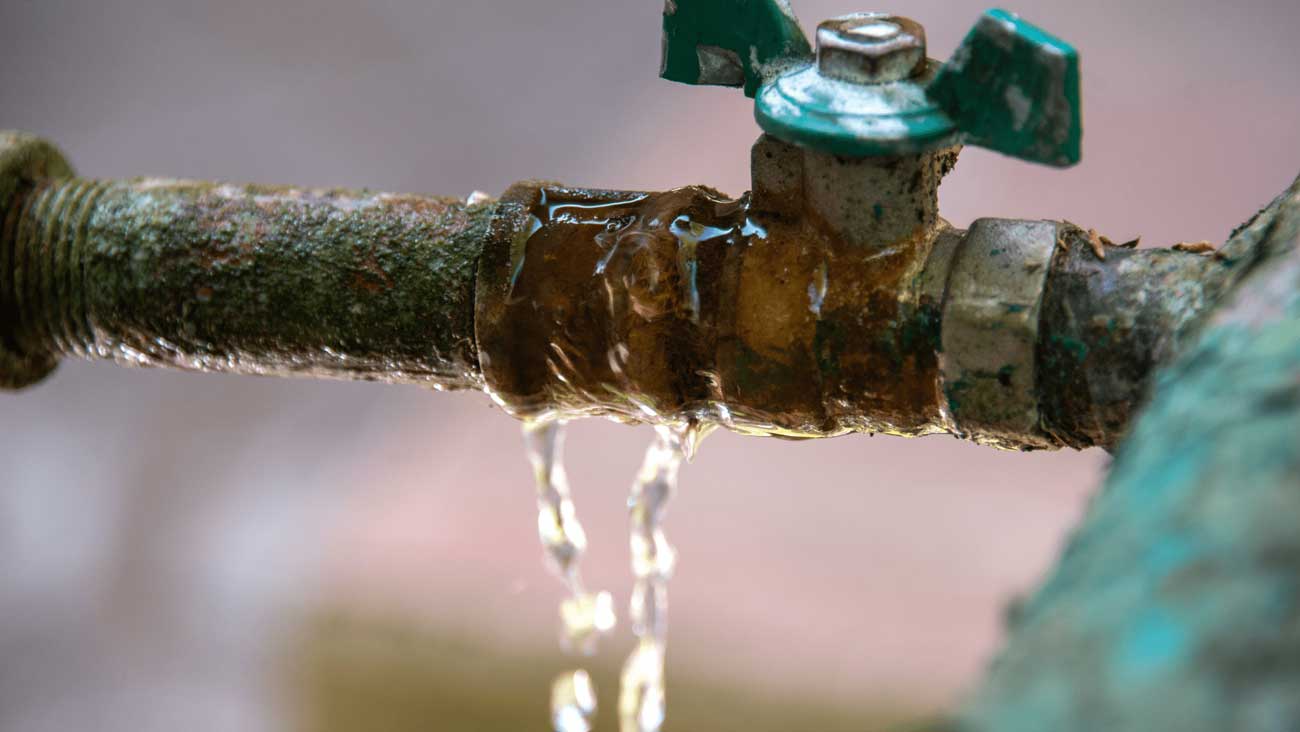How water treatment has improved through the ages
Wednesday 28th November 2024

In the present day, clean water is something many of us take for granted, right? But ready access to safe drinking water has been a monumental challenge for civilisations throughout the course of history. The evolution of water treatment is a story of innovation and adaptation, as societies found new methods to remove impurities, combat diseases and ultimately ensure public health.
Water treatment has come a long way. From ancient filtration methods to modern, multi-stage processes, progress towards making water safe has been both innovative and essential. Let’s take a look:
Early water treatment: a basic start
In ancient times, water treatment was simple. The Greeks and Egyptians were among the first to try filtering water to remove visible impurities, using things such as sand and charcoal. Although at this stage, without a deeper understanding of the microscopic organisms and contaminants, their efforts were largely about improving taste and clarity, rather than preventing disease.
19th century advances: cleaner, safer water
By the 1800s, an increased demand for clean water emerged from growing populations and industrialisation. Chlorination was introduced in the late 1800s to kill bacteria, and early filtration methods were adapted. After nasty cholera outbreaks plagued London underscoring the need for serious improvements, the implementation of better systems to combat disease and improve water purity began. These developments marked a turning point in water quality, as health became a central focus.

The 20th century: rising standards and modern filtration
As the century went on, the introduction of more effective filtration, chemical treatments, and regulations reshaped water management in the UK. Chlorination, in particular, was refined and sewage treatment processes became standard practice almost everywhere. Water treatment plants now implement multiple stages of water treatment: coagulation to remove larger particles; sedimentation; filtration; and, finally, disinfection to remove harmful microbes.
This period saw a shift toward dependable water supplies, ensuring operations could run without interruption due to water quality issues. It’s easy to take these systems for granted today, but these developments laid the groundwork for reliable water access.
Today’s water treatment: sustainability in focus
Fast-forward to today, and the emphasis is on both water quality and sustainability. Although multi-stage treatments are still in place, due to advances in technology, new methods have been introduced, such as UV treatment and ozonation, which reduces the reliance on chemicals. Many treatment plants also focus on energy efficiency, aiming to treat water in the most sustainable way possible.
These further advancements mean that businesses can now rely on consistent, high-quality water while also supporting eco-friendly processes. Technologies like membrane filtration and reverse osmosis provide additional options for water-intensive industries that need extremely pure water.
Why this matters for your business
So, why should UK businesses be aware of these improvements? Firstly, the standards for water quality continue to rise. Staying informed on these processes allows you to make better decisions about water supply, water use, recycling and waste disposal that are relevant for every company.
By choosing a supplier that prioritises sustainable water treatment, businesses can help reduce their environmental footprint, supporting the UK in moving closer to a greener planet. Plus, reducing water waste can lead to cost savings – a benefit that is in the interest of every business.
Contact Everflow for a sustainable future
As water treatment technology continues to evolve, now’s a great time to align your business with a supplier that understands how these changes can make a difference.
Get in touch with Everflow today
Looking to compare business water suppliers? Find out why it’s time to switch and save with Everflow now.